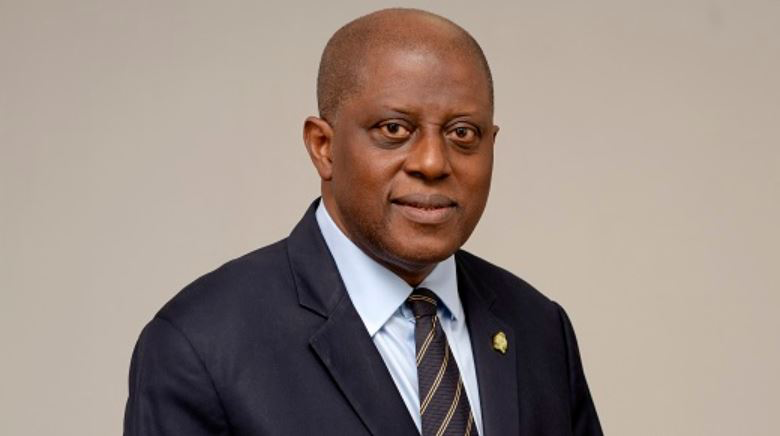CBN Orders Banks To Sell Excess Dollars In 24 Hours
•.Banks may sell over $5bn, says official, Cardoso faces Senate Tuesday over naira fall
Amid its fresh moves to stabilise the nation’s volatile exchange rate, the Central Bank of Nigeria has ordered Deposit Money Banks to sell their excess dollar stock latest February 1, 2024.
The new circular would force banks to sell off excess dollar liquidity exceeding $5bn.
The CBN, which made the disclosure in a new circular released on Wednesday, also warned lenders against hoarding excess foreign currencies for profit.
According to officials, the central bank believes some commercial banks hold long-term foreign exchange positions to enable them profit from the volatile movements of exchange rates.
The new circular introduces a set of guidelines aimed at reducing the risks associated with these practices.
In the circular titled, “Harmonisation of Reporting Requirements on Foreign Currency Exposures of Banks”, the CBN raised concerns over the growing trend of banks holding large foreign currency positions.
The latest circular came barely 48 hours after the CBN released a circular, warning banks and FX dealers against reporting false exchange rates, among others.
The new development also came on the heels of the adjustment of the methodology used for the calculation of the nation’s official exchange rate by the FMDQ Exchange.
The top banker said, “Just as some Nigerians prefer to keep their money in dollars because naira is not a good store of value, banks also hold excess dollar liquidity to make gains. They do their own at institutional level. What the CBN is saying with this new circular is that, you cannot hold excess dollar liquidity again. Any foreign exchange you are holding must be committed to something, a transaction or obligation you can proof. Banks have made a lot of revaluation gains. Some banks, I believe, got approval under the last administration to hold more dollar than the requirement. The idea is that if banks sell all these excess dollars, there will liquidity and the exchange rate will stabilise. Foreign investors will come in.”










Add Comment